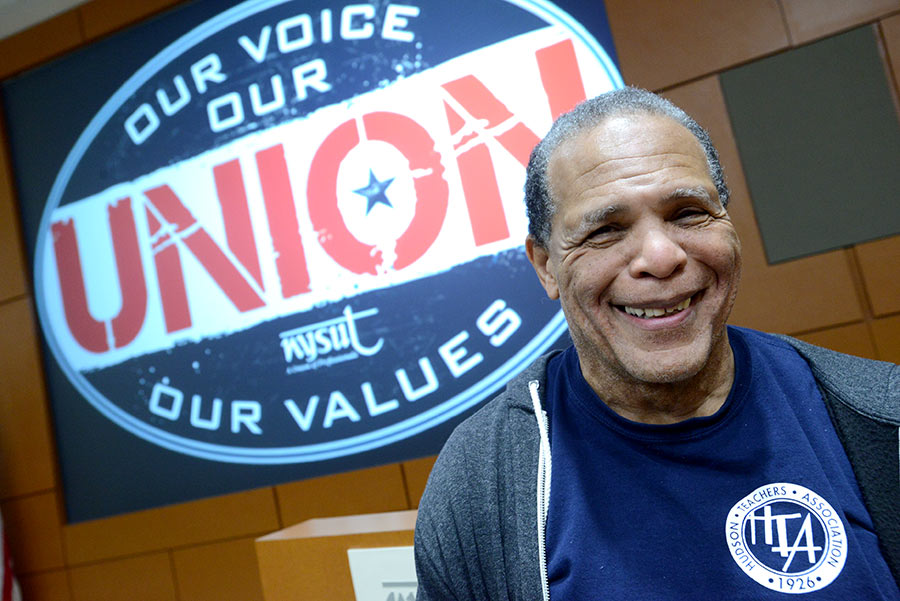You might feel short-tempered. Or anxious. You might doubt your skills, feeling your confidence flying at half-mast. And tucked away in your heart is a heavy sadness and hopelessness about what some of your students are experiencing in their lives.
You could be struggling with “vicarious trauma,” or secondary-trauma stress, which is often the result of internalizing the stress of another person who is traumatized regularly.
School social workers, teachers, and school nurses and counselors are among those affected by dealing with repercussions of the conditions and emotional climate in which some of their students live, including: dire poverty, homelessness, mental health issues, absentee parents, or parents struggling with addiction. Taking on too much of that sadness over a long period of time can result in difficulty sleeping, dreading phone calls that have to be made to Child Protective Services, or anxiety.
Katherine Manners, founder of “Resilience Works” and a longtime victim services advocate, said the good news is, there are routes to recovery. And, she outlined proven methods of handling vicarious trauma to a group of school and hospital health-care workers at NYSUT’s annual Health Care Professionals Forum last month.
Manners said it’s important to adjust our ideas of success. Finding meaning in work, and bringing conscious attention to resilience, can make a difference.
“We can counter balance the negative. We have an opportunity to exercise other muscles – to build the positive bias,” she said, adding the idea is to make a practice of positivity.
In every workplace, there should a process to address vicarious trauma. But when asked, most of the health care professionals said their schools did not have that in place.

“Sometimes as a school nurse we have to coordinate that,” said Geer Pierpont (pictured, above), a nurse member of the Hudson Teachers Association. “What triggers it is one person asking.”
Having a forum, or a debriefing, after an incident helps people deal with a situation and better cope with it – such as after a student has a severe injury or seizure at school.
But there are also long-term approaches necessary to keeping problems from taking over. Small beginnings include surrounding yourself with meaningful photographs, putting flowers on your table, making your surroundings comfortable, and keeping a jar of positive quotes and a gratitude journal, Manners said. She also recommends building a sense of community with colleagues, and calling on each other for support.
Holding onto the thoughts of ‘the one kid you made a difference to; that one family,” can bring comfort and confidence, she said. “Hold onto those.”
Ask yourself what you are doing in your own life for health and wellness, and for fun, as well.
PHOTO GALLERY: NYSUT Health Care Professionals Leadership Conference

“It’s important to determine what brings you relaxation and comfort,” said Ani Shahinian, director of NYSUT Social Services. Sometimes we lose sight of that, she said.
“School professionals are reporting an increase in stress and fatigue brought on by working with students who are experiencing violence at home and at school. More and more teachers are telling me they are too fatigued, both from additions to their workload and taking on more than they can manage with the more challenging needs of children and their families,” Shahinian added. “ It’s important to determine what are the sources of the fatigue.”
Shahinian encouraged teachers and health-care professionals to figure out the source of the psychological drains — before getting to the point of burning out or deciding to leave the profession.
“There are things you can do to help yourself feel less fatigued,” she said. “Identify the things you might have control over, and figure out what you can do.”